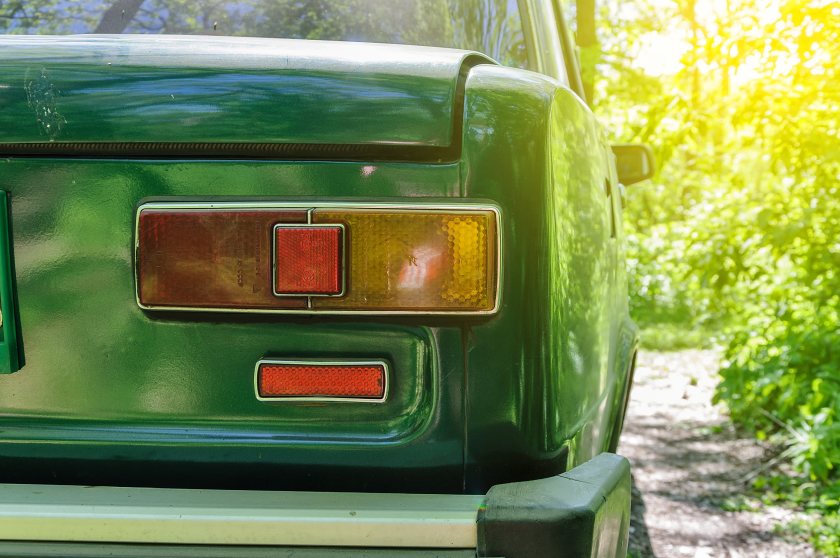
Experts are encouraging farmers and landowners to make the most of beneficial tax treatment for double cab pick-ups before its gone for good.
In this article, rural accountant Saffery explains the change that owners of double cab pick-ups (DCPU) will face from April 2025.
HMRC will no longer use the VAT definitions of ‘car’ and ‘van’ to classify DCPUs for benefit in kind (BIK) and capital allowance purposes, or when restricting car hire costs for calculating business profits.
Instead of treating DCPUs with a payload of one tonne or more as vans, the classification will be based on the vehicle’s primary suitability when it’s made available.
With only vehicles “of a construction primarily suited for the conveyance of goods or burden of any description” being classified as vans, most, if not all, DCPUs will be treated as cars.
Given this change, owners of DCPUs, such as farmers and landowners, may face:
Higher BIK charges and Class 1A NIC
From 6 April 2025, employees using DCPUs for personal use will face higher BIK charges. Consequently, employers will have more Class 1A National Insurance contributions (NICs) to pay.
This will apply to both the use of the vehicle itself, which will be based on the vehicle’s list price and CO2 emissions, and for fuel for private journeys.
By comparison, the BIK for a van in 2025-26 would be £4,020 for the vehicle and £769 for the fuel.
Transitional rules apply to DCPUs bought, ordered or leased before 6 April 2025, allowing businesses to rely on the previous treatment until the earlier of the vehicle’s disposal, the end of the lease, or 5 April 2029.
Reduced capital allowances
From 1 April 2025 for corporation tax and 6 April 2025 for income tax, businesses buying DCPUs won’t be able to claim the same level of capital allowances as when these vehicles were classified as vans.
For instance, a new van may qualify for 100% full expensing, whereas cars cannot. Transitional rules apply to expenditure incurred on DCPUs as a result of contracts entered into before 1 April 2025 for corporation tax and 6 April 2025 for income tax.
Leasing restrictions
From 1 April, for corporation tax and 6 April for income tax, businesses leasing DCPUs with CO2 emissions of more than 50g/km will only be able to get relief for 85% of the costs, compared to previously being able to deduct the full cost.
Transitional rules apply to expenditure incurred on the hire of DCPUs where the contracts for hire are entered into before 1 April 2025 for corporation tax and 6 April 2025 for income tax.
David Bussey, partner at Saffery says that, particularly given the transitional arrangements, farmers may be able to take advantage of these reliefs before they go.
“For example, an employer orders a double cab pick-up on 3 March 2025, but the vehicle isn’t available until 1 September 2025," he explains.
"As the pick-up was ordered before 6 April 2025, the previous rules continue to apply for BIK purposes until the earlier of the vehicle’s disposal, lease expiry, or 5 April 2029.
“The rules for reclaiming VAT when buying a DCPU remain unchanged.”
